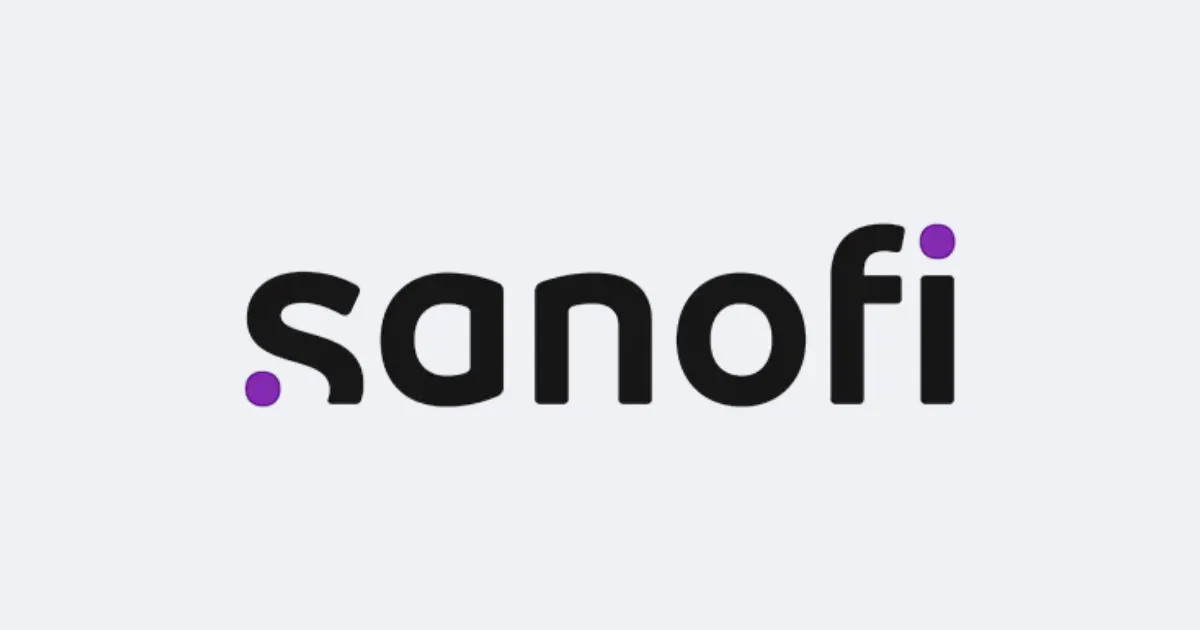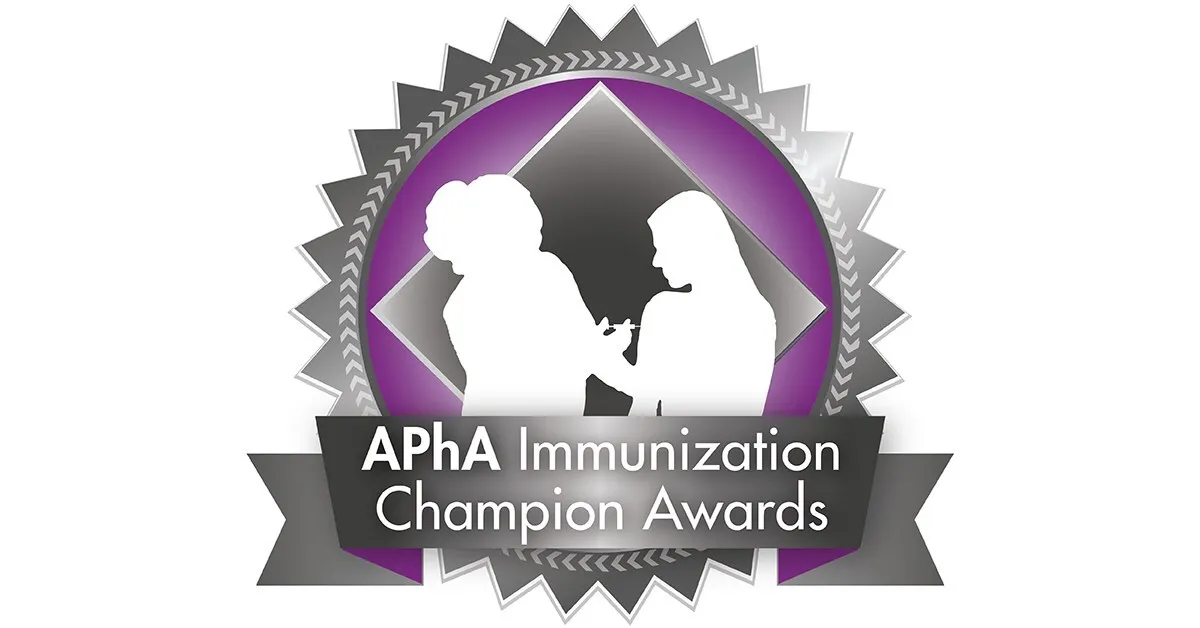PARIS — The Food and Drug Administration has approved Sanofi and Regeneron's Dupixent (dupilumab) for the treatment of adults and adolescents aged 12 years and older with chronic spontaneous urticaria (CSU) who remain symptomatic despite histamine-1 (H1) antihistamine treatment.
“People with chronic spontaneous urticaria experience sudden, unpredictable hives and severe itch that cause a significant, and often overwhelming, burden on their everyday lives." said Kenneth Mendez, president and CEO of the Asthma and Allergy Foundation of America. "The approval of this treatment offers patients more options and the chance to control their disease.”
“CSU patients with uncontrolled disease experience highly burdensome itch and hives that can significantly disrupt daily living," said Dr. Alyssa Johnsen, Global Therapeutic Area Head, Immunology and Oncology Development at Sanofi. "This FDA approval provides a new treatment option to help address the underlying drivers of these severe and recurring signs and symptoms. Dupixent has the potential to improve outcomes for CSU patients who previously had limited treatment options.”
The U.S. approval is based on data from two phase 3 clinical studies, Study A (n=136) and Study C (n=148), which included biologic-naïve patients aged 12 years and older who were symptomatic despite the use of antihistamines and assessed Dupixent as an add-on therapy to standard-of-care antihistamines, compared to antihistamines alone. Both studies met their primary and key secondary endpoints with Dupixent demonstrating reductions in itch severity and urticaria activity (a composite of itch and hives) compared to placebo at 24 weeks. Dupixent also increased the likelihood of well-controlled disease or complete response compared to placebo at 24 weeks. Study B (n=108) provided additional safety data and evaluated Dupixent in patients aged 12 years and older who were inadequate responders or intolerant to anti-IgE therapy and symptomatic despite antihistamine use.
Safety results from Study A, Study B, and Study C were generally consistent with the known safety profile of Dupixent in its approved indications. In pooled data from all three studies, the most common adverse event (≥2%) more frequently observed in patients on Dupixent compared to placebo was injection site reactions.
“Dupixent is the first new targeted treatment for chronic spontaneous urticaria, or CSU, in over ten years, with pivotal trials demonstrating its ability to help patients significantly reduce the hallmark symptoms of intense itch and unpredictable hives associated with this disease," said Dr. George D. Yancopoulus, Board co-Chair, President and Chief Scientific Officer at Regeneron. "With this FDA decision, Dupixent is now approved for seven chronic, debilitating atopic conditions driven in part by underlying type 2 inflammation, several of which have been shown to co-morbidly occur with CSU, such as atopic dermatitis and asthma – providing patients with one treatment that might help multiple atopy conditions. We look forward to bringing Dupixent to the more than 300,000 CSU patients in the US with inadequately controlled disease on standard-of-care treatment who, until now, had limited treatment options.”
Dupixent is already approved for CSU in Japan, the United Arab Emirates, and Brazil. Submissions are currently under review with other regulatory authorities around the world including in the EU.
About CSU
CSU is a chronic inflammatory skin disease driven in part by type 2 inflammation, which causes sudden and debilitating hives and recurring itch. CSU is typically treated with H1 antihistamines, medicines that target H1 receptors on cells to control symptoms of itch and urticaria. However, the disease remains uncontrolled despite antihistamine treatment in many patients, some of whom are left with limited alternative treatment options. These individuals continue to experience symptoms that can be debilitating and significantly impact their quality of life. More than 300,000 people in the US suffer from CSU that is inadequately controlled by antihistamines.
About the Dupixent CSU phase 3 study program
The LIBERTY-CUPID phase 3 program evaluating Dupixent for CSU consists of Study A, Study B, and Study C. These studies were randomized, double-blind, placebo-controlled clinical studies that evaluated the efficacy and safety of Dupixent as an add-on therapy to standard-of-care antihistamines compared to antihistamines alone. Studies A and C were replicate studies that assessed patients aged six years and older who remained symptomatic despite the use of antihistamines. Study B was conducted in patients aged 12 years and older who were symptomatic despite use of antihistamines and were inadequate responders or intolerant to anti-IgE therapy. During the 24-week treatment period in all three studies, patients received an initial loading dose followed by 300 mg Dupixent every two weeks, except for pediatric patients weighing <60 kg who received 200 mg every two weeks.
In all three studies, the primary endpoint assessed the change from baseline in itch at 24 weeks (measured by the weekly itch severity score, 0-21 scale). The key secondary endpoints (also assessed at 24 weeks) included change from baseline in itch and hives (weekly urticaria activity score [UAS7], 0-42 scale). Additional secondary endpoints assessed at 24 weeks evaluated the proportion of patients achieving well-controlled disease status (UAS7 ≤6) and the proportion of patients with complete response (UAS7=0).
The results from Studies A and B were published in The Journal of Allergy and Clinical Immunology. Study B did not meet the primary endpoint in the US of reduction in ISS7 compared to placebo at 24 weeks.
About Dupixent
Dupixent (dupilumab) is an injection administered under the skin (subcutaneous injection) at different injection sites. In adults with CSU who remain symptomatic despite H1 antihistamine treatment, Dupixent 300 mg is administered every two weeks after an initial loading dose. In patients aged 12 to 17 years with CSU who remain symptomatic despite H1 antihistamine treatment, Dupixent is administered every two weeks based on weight (200 mg for adolescents ≥30 to <60 kg, 300 mg for adolescents ≥60 kg) after an initial loading dose. Dupixent is intended for use under the guidance of a healthcare professional and can be given in a clinic or at home after training by a healthcare professional. In adolescents aged 12 to 17 years, Dupixent should be administered under the supervision of an adult.
Dupixent is a fully human monoclonal antibody that inhibits the signaling of the interleukin-4 (IL4) and interleukin-13 (IL13) pathways and is not an immunosuppressant. The Dupixent development program has shown significant clinical benefit and a decrease in type 2 inflammation in phase 3 studies, establishing that IL4 and IL13 are two of the key and central drivers of the type 2 inflammation that plays a major role in multiple related and often co-morbid diseases.
Sanofi and Regeneron are committed to helping patients in the U.S. who are prescribed Dupixent gain access to the medicine and receive the support they may need with the DUPIXENT MyWay program. For more information, please call 1-844-DUPIXENT (1-844-387-4936) or visit www.DUPIXENT.com.
Dupixent has received regulatory approvals in more than 60 countries in one or more indications including certain patients with atopic dermatitis, asthma, chronic rhinosinusitis with nasal polyps, eosinophilic esophagitis, prurigo nodularis, CSU, and chronic obstructive pulmonary disease in different age populations. More than one million patients are being treated with Dupixent globally.
Dupilumab development program
Dupilumab is being jointly developed by Sanofi and Regeneron under a global collaboration agreement. To date, dupilumab has been studied across more than 60 clinical studies involving more than 10,000 patients with various chronic diseases driven in part by type 2 inflammation.
In addition to the currently approved indications, Sanofi and Regeneron are studying dupilumab in a broad range of diseases driven by type 2 inflammation or other allergic processes in phase 3 studies, including chronic pruritus of unknown origin, bullous pemphigoid, and lichen simplex chronicus. These potential uses of dupilumab are currently under clinical investigation, and the safety and efficacy in these conditions have not been fully evaluated by any regulatory authority.







